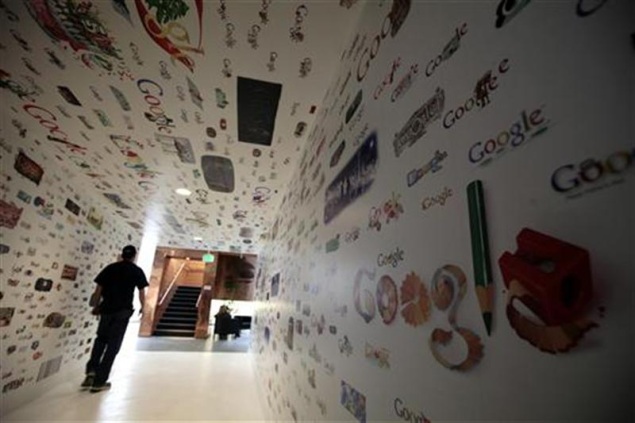
Online advertising is considered to be a step above the old media solutions because everything can be measured and understood. Instead of looking at circulation figures and wondering if any of those readers even opened the page with your ad, a website gives you detailed metrics abouo the people who visit each page, how much time they spend on it, and if they click the ad, you know about it.
That's the promise of onlinie advertising at least, but according to a recent report by the Wall Street Journal, 36% - more than one-third - of all Web traffic is considered fake. The advertisers end up paying more than they should have to, because of these fake views.
In fact, thanks to the automation of advertising and payment systems such as Google AdWords, for example, there has been a wave of so-called content farms, which scrape content from around the Web and put together low quality websites with little investment in quality, because if their keywords can attract enough clicks, then they will get paid anyway.
Google is one of the bigger companies in the fight against content farms and fake clicks. In February, we reported that Google is acquiring British based startup spider.io to use its technology to weed out exactly this kind of fraud.
"Advertising helps fund the digital world we love today... but this vibrant ecosystem only flourishes if marketers can buy media online with the confidence that their ads are reaching real people, that results they see are based on actual interest," said Neal Mohan at Google's DoubleClick unit which develops targeted ads.
With the new acquisition, Mohan said, "our immediate priority is to include their fraud detection technology in our video and display ads products, where they will complement our existing efforts."
However, while the Wall Street Journal quotes companies as saying that Digital is too important tto avoid today, others paint a different picture. In January Yahoo reported a drop in revenue, as the prices of online ads began to slide.
In the fourth-quarter 2013, Yahoo saw revenue from display ads slide by 6 percent year-over-year; the company also saw the price per ad (excluding Korea) decline by 7 percent.
As per the WSJ report, companies like L'Oreal, Coca-Cola and Lenovo are hiring experts to audit their online advertisements and check for fraud, while at the same time, companies like Google are also working to build up the pool of advertisers. In India, Google has been working to train small and medium enterprises to use digital advertising to grow their business.

No comments:
Post a Comment